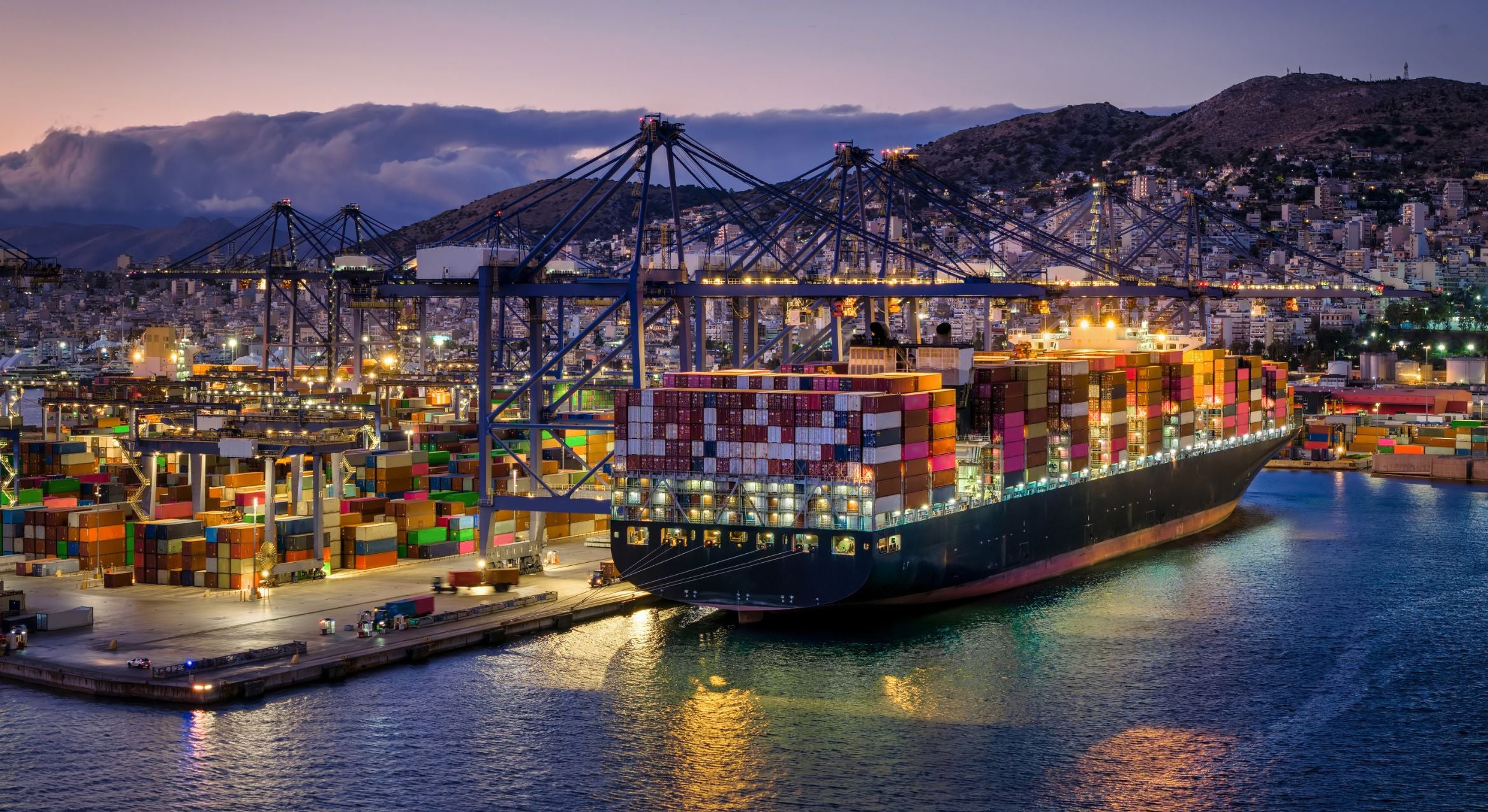What's Current in
Disaster Management
Understanding disasters in advance so we can be prepared in the moment. Our research explores the human, environmental and economic impacts of disasters, enabling us to proactively prevent–and reactively recover–from emergencies.
Image

Photo Credit
Pierivb via iStock
Addressing world hunger requires an accurate account of those in need.
Image

Photo Credit
Maksim Safaniuk via iStock
Anna Trugman researches how plants respond to climate change, while Gen Li studies erosion and weathering — the natural processes that break down rocks and transport sediment.
Image
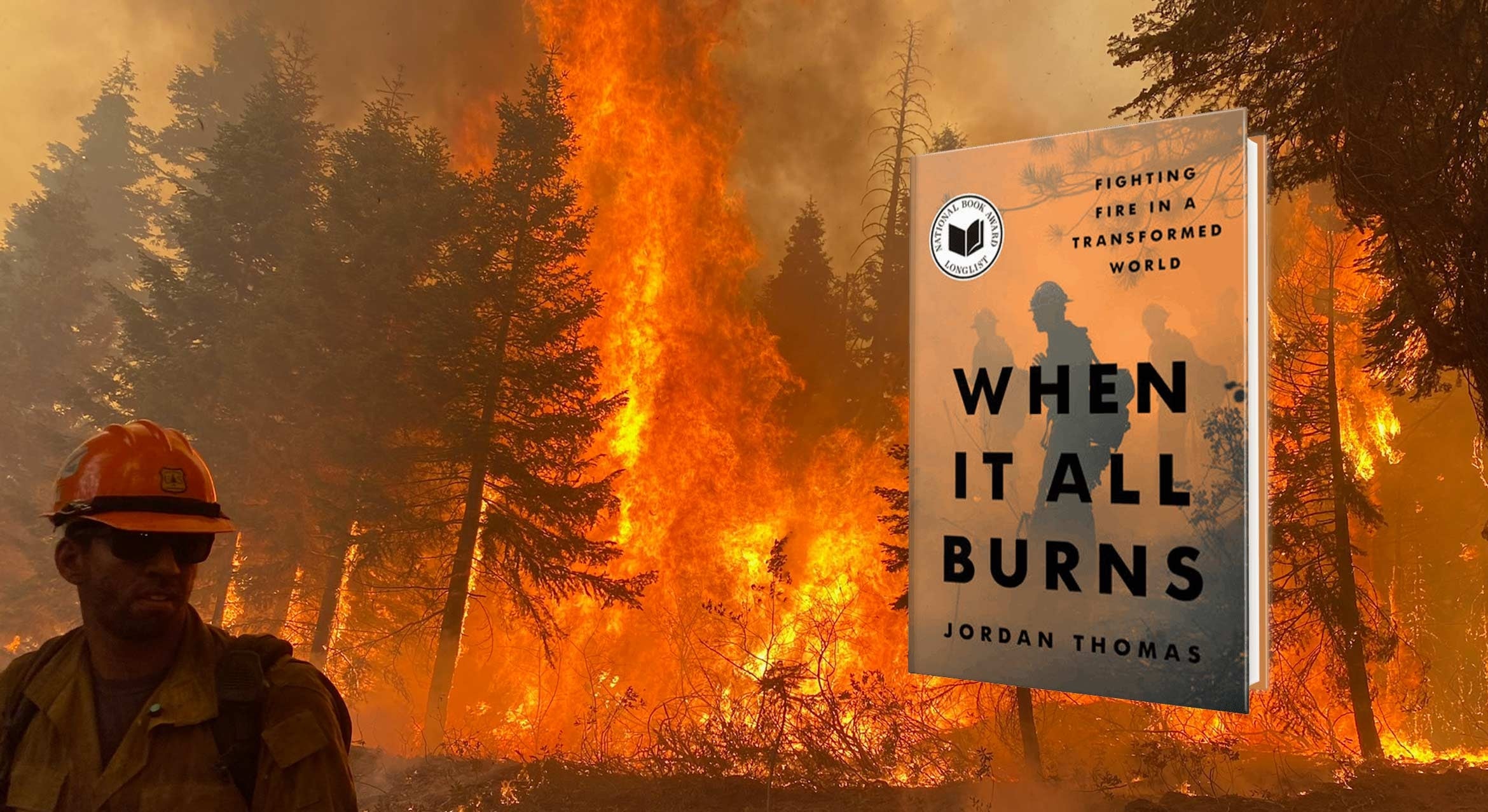
Photo Credit
Jordan Thomas/ Penguin Publishing Group
Centuries of misguided policy, politics and prejudice have primed the land for the unprecedented infernos that wildland firefighters now face every year.
Image

Photo Credit
iStock
Image

Photo Credit
Sergey Kuznetsov via iStock
Rivers wash mountains to the sea. How quickly they do this has major implications for natural hazards and fundamental Earth science.
Image
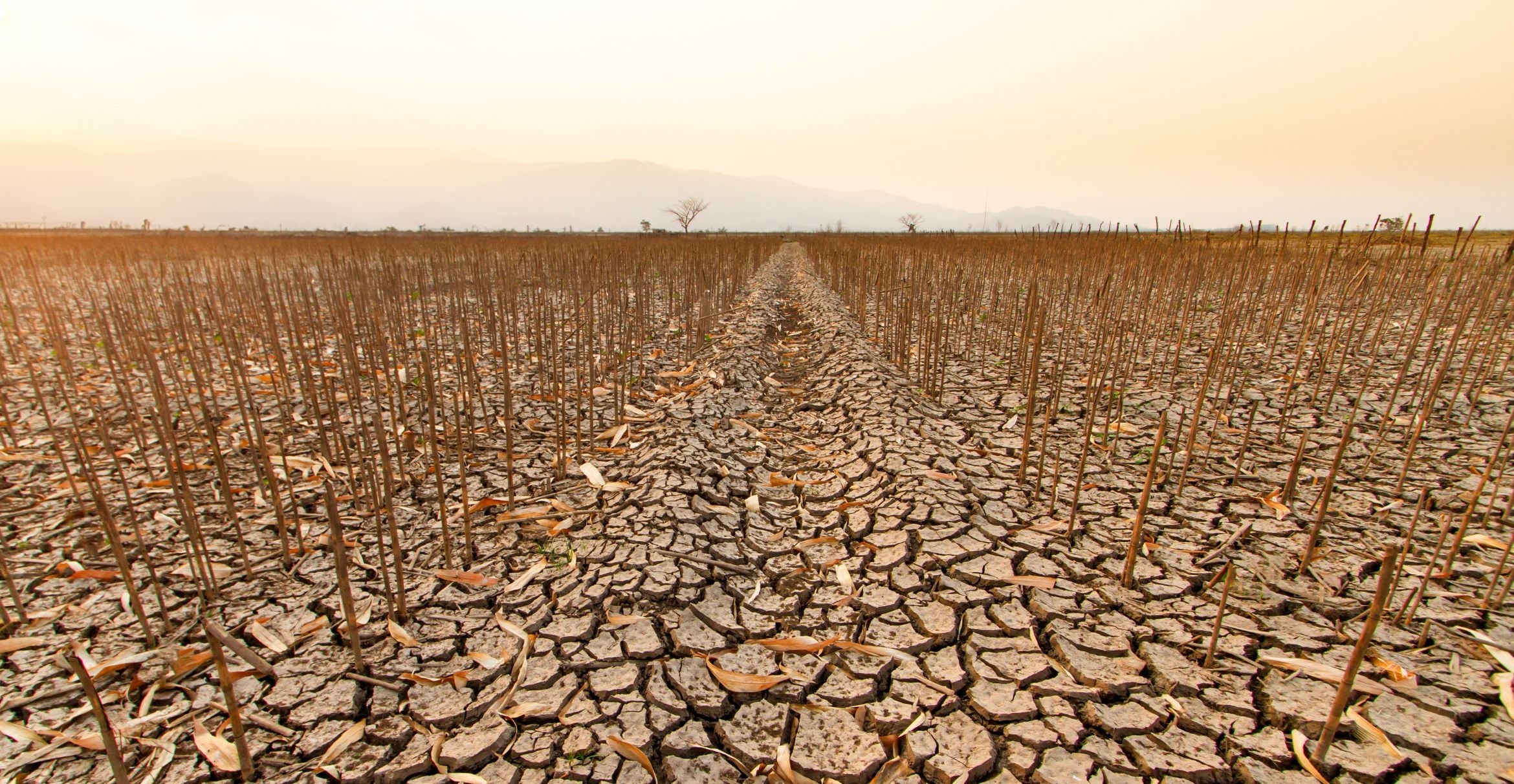
Photo Credit
piyaset via iStock
Warmer air can suck more moisture in dry regions and dump more rain in wet regions. New research reveals that the atmosphere’s drying capacity is outpacing increases to rainfall.
Image

Photo Credit
Matt Perko
Image
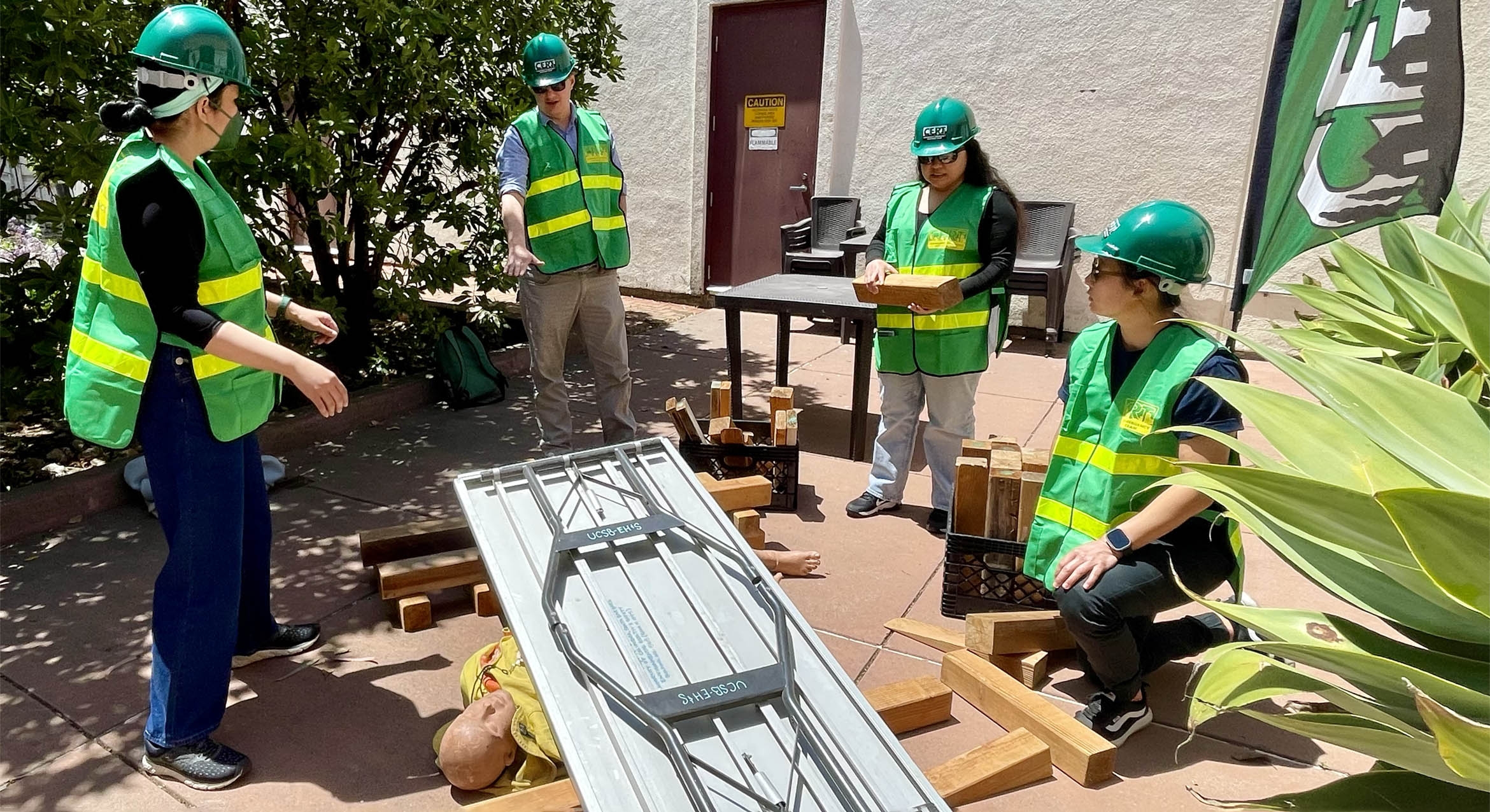
Photo Credit
Sarah Kidwell
Image
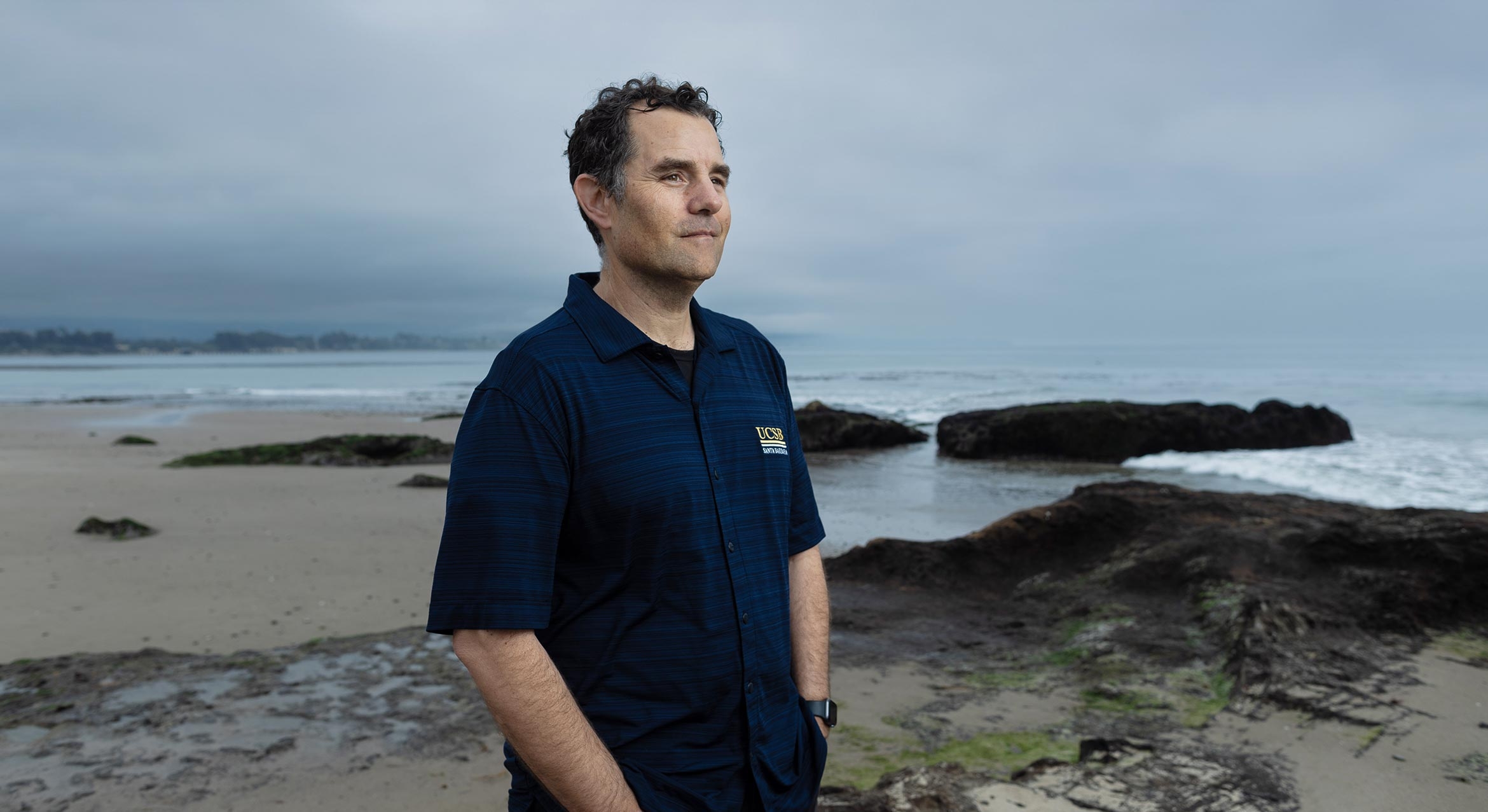
Photo Credit
Matt Perko
David Valentine
Image
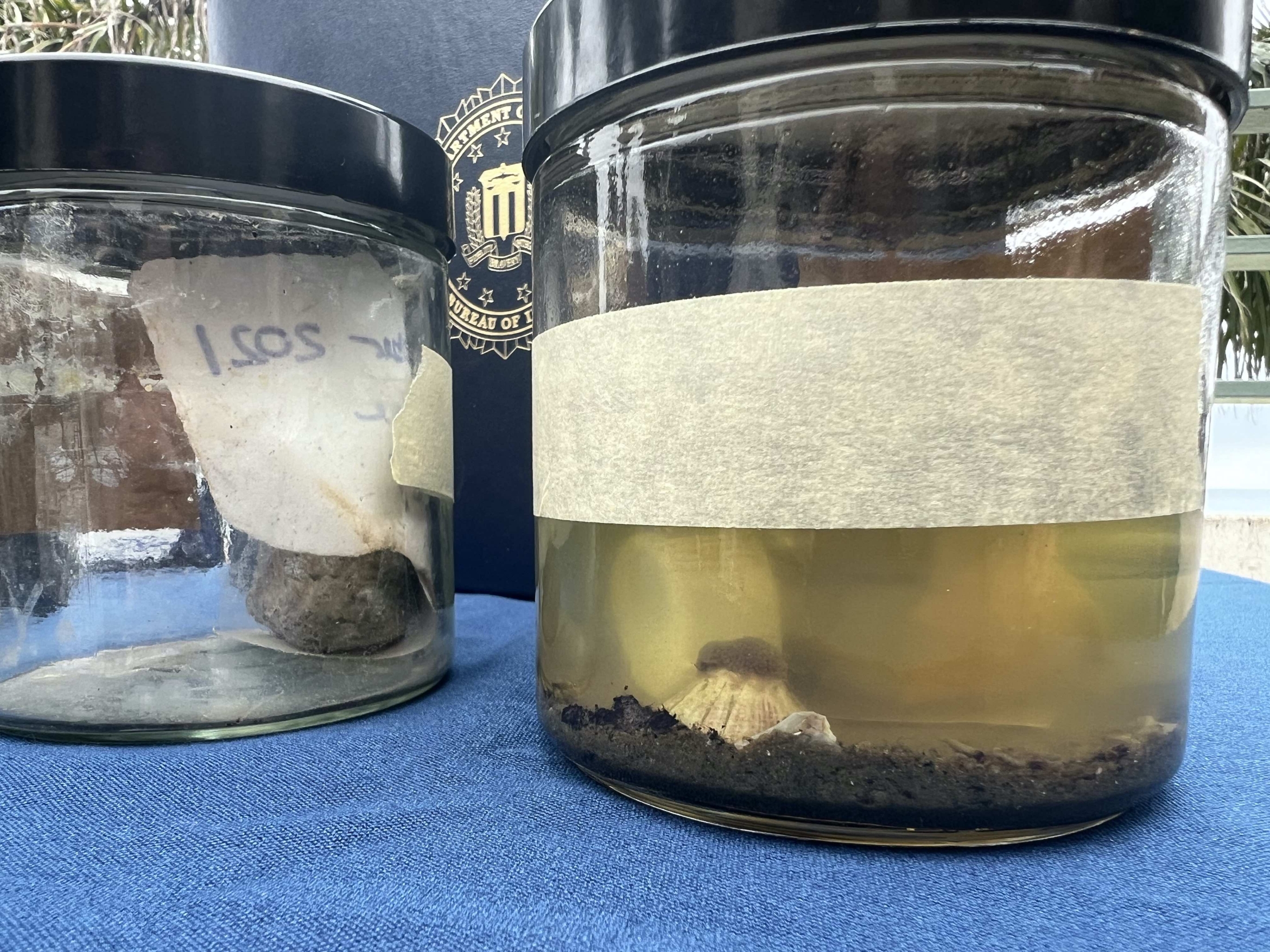
Photo Credit
Sonia Fernandez
Sessile creatures like this barnacle were the key to determining when the oil pipeline was compromised, an event that eventually led to the oil spill
Image
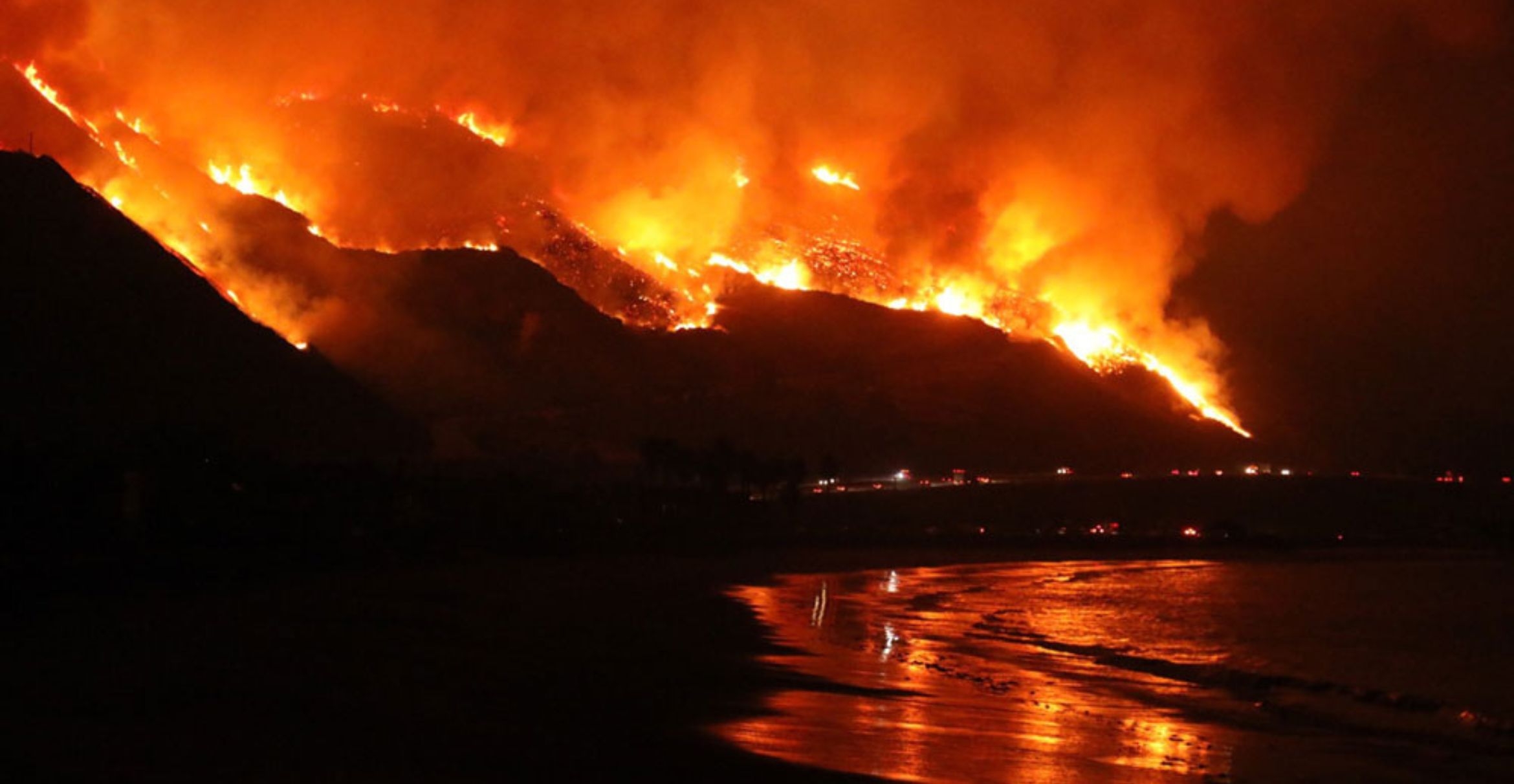
Photo Credit
Ray Ford / Noozhawk
Flames from the Thomas Fire reflect in the waves just west of Ventura. Its proximity to the ocean provided researchers a unique opportunity.
